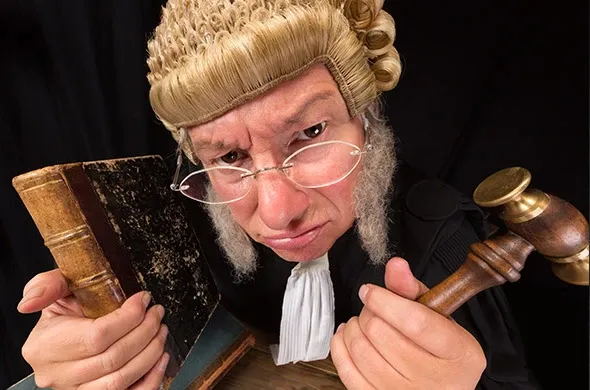Cloud Pushes Another Good Results for Microsoft
Microsoft posted another solid report for 1Q24.

Google is set for its first battle in a London court over the so-called “right to be forgotten“ in two cases that will test the boundaries between personal privacy and public interest. According to Bloomberg, two anonymous people, who describe themselves in court filings as businessmen, want the search engine to take down links to information about their old convictions.
One of the men had been found guilty of conspiracy to account falsely, and the other of conspiracy to intercept communications, Judge Matthew Nicklin said at a pre-trial hearing. Those convictions are old and are now covered by an English law, designed to rehabilitate offenders, that says they can effectively be ignored. With a few exceptions, they don’t have to be disclosed to potential employers. “This is the first time that the English court is going to decide the issue of the right to be forgotten,“ Nicklin said.
The search-engine giant has already become embroiled in battles at the European Union’s top court over the right to be forgotten. The principle, created by the EU’s highest court in a precedent-setting ruling in May 2014, allows people to ask for links to online information about them to be removed from search results if it’s outdated or irrelevant. The ruling is only valid in the 28-nation bloc, but Google has clashed with privacy regulators over attempts to apply it beyond the EU.
The first trial, in which the person challenging Google to remove information is known as NT1, will start on Feb. 27 and the second, in which the plaintiff is known as NT2, will start on March 13. Nicklin said the plaintiffs weren’t celebrities or politicians and have been “rehabilitated“ since their convictions.
The men are being represented by the law firm Carter Ruck. It has defended clients in privacy and libel actions and was one of the first firms to use super-injunctions, court orders that prevent publication of any confidential information relating to a person or an issue and also any existence of the order itself. The pair’s court papers say that revealing their identity would “defeat the object of the claims.“